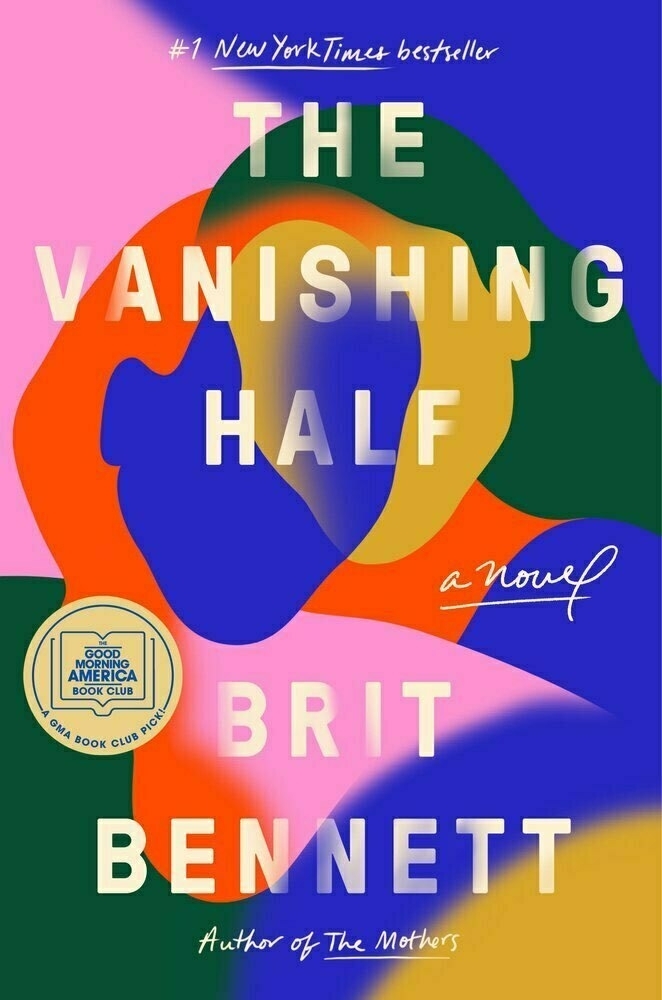Books
- ⭐️⭐️⭐️⭐️⭐️ How to Invent Everything by Ryan North - I can’t recommend this highly enough (micro review)
- ⭐️⭐️⭐️⭐️ Born a Crime by Trevor Noah - this had been on my list for a while, but I picked it up to read with a book club at work, after Noah came to our company all-hands meeting for a deep, insightful, and humorous interview with our company president.
- ⭐️⭐️⭐️⭐️ I Am Not Your Enemy: Stories to Transform a Divided World by Michael T. McRay - Resilient Review
- ⭐️⭐️⭐️⭐️ Deep Work by Cal Newport - How do we get meaningful work done in a world of increasing fragmentation and distraction? Newport has some ideas. (f you like this, see my in-depth Digital Minimalism reference and review)
- ⭐️⭐️⭐️⭐️ Four Futures by Peter Frase - What are different directions our political economy might go, especially in light of increased automation and ecological crisis? These thought experiments will help you ponder not just the author’s four directions, but others, too.
- ⭐️⭐️⭐️⭐️ Flash Boys: A Wall Street Revolt by Michael Lewis - Lewis brings his famous explanatory lens to high-frequency trading (micro review)
- ⭐️⭐️⭐️⭐️ No Name in the Street by James Baldwin - insights from Baldwin’s life that we unfortunately still need to hear today
- ⭐️⭐️⭐️⭐️ What Is Reading For? by Robert Bringhurst - A thoughtful and beautiful talk-turned-book. I bought a second copy so that I could have one to mark up on one to keep clear.
- ⭐️⭐️⭐️ Immunity to Change by Lisa Laskow Lahey & Robert Kegan - When actions & systems don’t change even after declaring our intent and good plans to do so, it’s usually because someone (including yourself) is invested in the way things are. Real change requires addressing that. (micro review)
- ⭐️⭐️⭐️ Remote by Jason Fried & David Heinemeier Hansson - As a remote-first company, the Basecamp & Hey founders share what they’ve learned. There’s a lot here that will be valuable even after more desk jockeys start returning to the office.
- ⭐️⭐️⭐️ The Unicorn Project by Gene Kim - what Kim did for Ops & DevOps in the Phoenix project, he has continued for product development in this work
- ⭐️⭐️⭐️ In Defense of Food by Michael Pollan - in this work, Pollan shares the history of “nutritionism” and ways we can reverse the trends in “western diets” and proliferation of metabolic diseases
- ⭐️⭐️⭐️ Imaginary Borders by Xiuhtezcatl Martinez - Resilient Review
- ⭐️⭐️⭐️ Leaders Eat Last by Simon Sinek - micro review
- ⭐️⭐️⭐️ Nomadland: Surviving America in the Twenty-First Century by Jessica Bruder - I thought this was going to simply about people who lived like nomads, but it’s a look at people living precariously and the industries and companies that are exploiting them
- ⭐️⭐️⭐️ Why We Get Fat by Gary Taubes - like Pollan above, Taubes looks through the history of nutritionism, especially the problems with how we adopted a high-carb diet, and zeroes in on habit change to address the most dangerous parts
- ⭐️⭐️⭐️ Get Together by Bailey Richardson, Kai Elmer Sotto, and Kevin Huynh - how to build and maintain community
- ⭐️⭐️⭐️ Nobody Knows My Name by James Baldwin - powerful essays that (as with No Name in the Street above) have far too much relevance still today
- ⭐️⭐️⭐️ Sapiens by Yuval Noah Harari
- ⭐️⭐️⭐️ Banksy Locations & Tours Vol. 1 by Martin Bull - micro review
- ⭐️⭐️⭐️ An Unintentional Accomplice by Carolyn L. Baker review
- ⭐️⭐️⭐️ The Time-Block Planner by Cal Newport - micro review
- ⭐️⭐️⭐️ Rules for Radicals by Saul Alinsky
- ⭐️⭐️⭐️⭐️⭐️ The Raven Tower by Ann Leckie - This was a re-read. I upgraded this to a rare 5-star when I re-read with my spouse this year. (mentioned in last year’s review)
- ⭐️⭐️⭐️⭐️⭐️ Alien: Out of the Shadows by Tim Lebbon - This is the start of a trilogy of novels in the Alien universe (not movie adaptions, but tied-in), and I’m a sucker for things in the Alien universe. I listened to a version that was recorded as an audio drama, and it was very well done.
- ⭐️⭐️⭐️⭐️ The Calculating Stars (Lady Astronaut #1) by Mary Robinette Kowal - my micro review
- ⭐️⭐️⭐️⭐️ The Toll (Arc of the Scythe #3) by Neal Shusterman - three years in a row (book 1, book 2), this trilogy ends up on my recommendations list. I’ve now bought the series in a hardback boxed set.
- ⭐️⭐️⭐️⭐️ The Silence of the Lambs by Thomas Harris - not much to say here, other than the usual advice: the book is better than the movie.
- ⭐️⭐️⭐️⭐️ The Strain - Guillermo del Toro, Chuck Hogan: my micro review
- ⭐️⭐️⭐️⭐️ Caliban’s War (Expanse #2) by James S. A. Corey - still very much enjoying this hard-scifi-with-horror-thrown-in. I hope to catch up more before I try the show, again.
- ⭐️⭐️⭐️⭐️ Gravel Peril (Dresden #3) by Jim Butcher - This was a re-read. This is where the series really starts to pick up.
- ⭐️⭐️⭐️⭐️ Gideon the Ninth by Tamsyn Muir - my micro review
- ⭐️⭐️⭐️ Summer Knight (Dresden #4) by Jim Butcher - This was a re-read. I enjoy the twists and turns and escalations in this one.
- ⭐️⭐️⭐️ Binti by Nnedi Okorafor - this novella is a captivating struggle, wherein the protagonist is first of her people head to the the greatest academy in the galaxy
- ⭐️⭐️⭐️ The Shadows by Alex North - my micro review
- ⭐️⭐️⭐️ The Vanishing Half by Brit Bennett - through paths that were traveled differently, we learn a lot about family, race, and ambition
- ⭐️⭐️⭐️ The Water Dancer by Ta-Nehisi Coates - this was my first foray into “magical realism” books
- ⭐️⭐️⭐⭐️️ Towers of Midnight (Wheel of Time #13) by Robert Jordan & Brandon Sanderson - my micro review
- ⭐️⭐️⭐️⭐️ Battle Ground (Dresden #17) by Jim Butcher - my micro review
- ⭐️⭐️⭐️⭐️ Samantha’s Surprise (American Girl: Samantha #3) by Maxine Rose Schur - part of a Christmas practice this year
- ⭐️⭐️⭐️ Dawnshard (Stormlight Archive #3.5) by Brandon Sanderson
- ⭐️⭐️⭐️ Memory of Light (Wheel of Time #14) by Robert Jordan & Brandon Sanderson - my micro review
- ⭐️⭐️⭐️ And Then There Were None by Agatha Christie
- ⭐️⭐️⭐️ The Cruelest Month (Gamache #3) by Louise Penny
- ⭐️⭐️⭐️ A Fatal Grace (Gamache #2) by Louise Penny
- ⭐⭐️⭐️ Peace Talks (Dresden #16) by Jim Butcher
- ⭐️⭐️⭐️ Aeronaut’s Windlass by Jim Butcher (re-read)
- ⭐️⭐️⭐️ Emergency Skin (Forward #3) by N. K. Jemisin
- ⭐️⭐️⭐️ The Dispatcher by John Scalzi
- ⭐️⭐️⭐️ Bird Box by Josh Malerman
- ⭐️⭐️⭐️ Good Omens by Terry Pratchett, Neil Gaman
- ⭐️⭐️⭐️ Big Damn Hero (Firefly #1) by James Lovegrove
- ⭐️⭐️⭐️ Agatha Raisin and the Quiche of Death by M. C. Beaton
- ⭐️⭐️⭐️ Stonefather by Orson Scott Card
- ⭐️⭐️⭐️ Planet X (Star Trek/X-Men #3) by Michael Jan Friedman
- ⭐️⭐️⭐️ The B-Team (Human Division #1) by John Scalzi
2020: Nonfiction 📚 Review
To view other 2020 review posts (including fiction, feeds, newsletters, and magazines), visit the main post here.
I read 23 nonfiction books this year, down from 31 last year. I attribute this to a tough year, and also reading more fiction as well as reading more from other sources. I read more overall this year than last.
I prefer to read nonfiction in ebook format, so that I can create highlights and notes and have them automatically export to Readwise, where I keep all my reading notes for review. I read through the notes when finishing a book, so that I can capture what I learned in my own words (an important part of learning & synthesizing). I also have Readwise setup to surface 15 highlights from my reading every day (with a built-in “smart system” that follows my weighting choices based on source and recency of the work).
My first choice is to borrow the ebook from the local library, using Overdrive/Libby. Then I can read in the Kindle (or Kindle app). If not available there, I try to buy it as epub, and open it in iBooks. Both Kindle and iBooks are supported by Readwise.
When I read a paper book, I buy my own (usually from Bookshop.org these days, to support independent bookstores) and underline text and write in the margins. Then I also add those to Readwise using the Readwise app and follow the same process I listed above. It just takes more time, which is why I prefer ebooks.
If I’m not sure if a book is going to be relevant, high-quality, or have a lot of content that I want to highlight, I will listen to an audiobook, usually from Overdrive/Libby again (though we have an Audible subscription as backup).
I have collected my 2020 recommendations (both fiction and nonfiction) on a Bookshop list for easy perusal. That, and all of the individual book links, are affiliate links.
Recommended
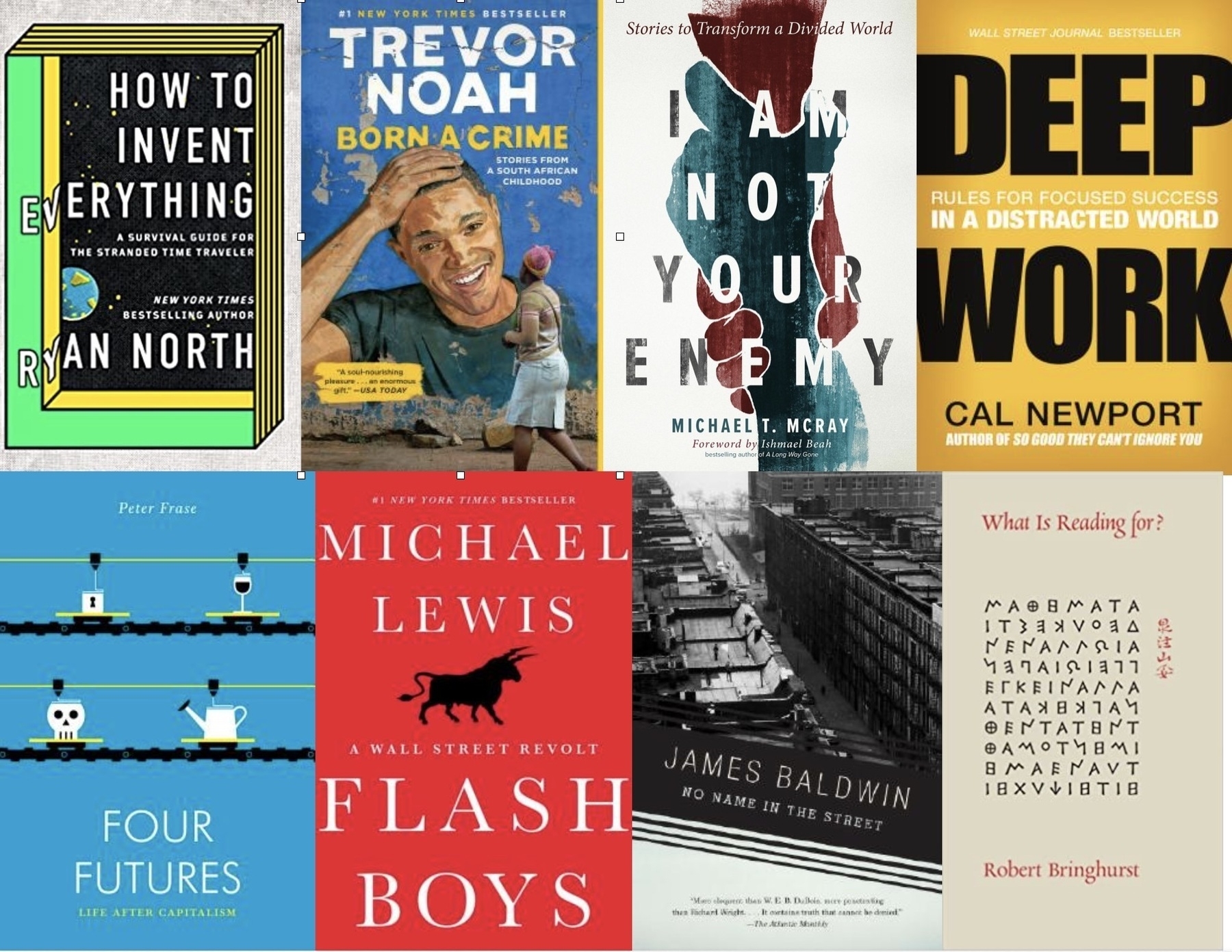
Other Books
Here are the other at-least-3-star books that I read in 2020. Books that are unfinished, I abandoned, or I only gave 2 stars are omitted.
What did you read this year? What do you recommend?
2020: Fiction 📚 Review
To view other 2020 review posts (including non-fiction, comics, and magazines), visit the main post here.
I read 37 works of fiction this year. I enjoy reading fiction in a variety of formats: paper, audio, and ebook. A good narrator (such as James Marsters for the Dresden books) really makes an audiobook come alive.
I try to get my physical books via Bookshop.org to support independent sellers. If I cannot find directly there, my next search is on Indiebound, for the same reason. I have collected my 2020 recommendations (both fiction and nonfiction) on a Bookshop list for easy perusal. That, and all of the individual book links, are affiliate links.
For audiobooks and ebooks, I recommend checking your local library using Overdrive/Libby to borrow the digital books. Many digital booksellers have not adopted a good way for us to pass on, resell, or share digital books like we can with physical books (despite it being easier), so I recommend supporting the library system first.
Recommended

Other Books
Here are the other at-least-3-star books that I read in 2020. Books that are unfinished, I abandoned, or I only gave 2 stars are omitted.
What did you read this year? What do you recommend?
2020 Review
As has become my tradition, I’m spending the week around year-end reflecting each day. We grow most rapidly when we lean into and learn from challenges, and 2020 was certainly a year of many challenges.
While many of my reflections are private material, I will share reflections and recommendations in the following categories:
📚 Finished Reading: How to Invent Everything by Ryan North
Recommended. A rare ⭐️⭐️⭐️⭐️⭐️ book for me!
Informative and delightfully amusing on almost every page.
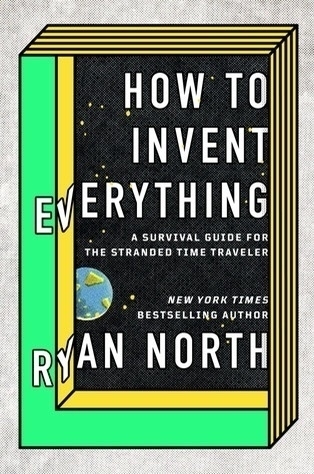
Every room is a library, if you try hard enough 📚
📚 Review: An Unintentional Accomplice
📚 Finished Reading: An Unintentional Accomplice by Carolyn L. Baker ⭐️⭐️⭐️

Note: I received a free pdf of this book, with the agreement to provide a review when complete.
Recommended for: people who like autobiographies and who want to pursue racial justice
Gabrielle David, African American woman and publisher of 2Leaf Press, gave guidance to the author and also wrote the introduction. Here is David in the introduction:
Some would suggest that it is the systems that are broken. But none of these systems are broken; it is white people who are broken, but they do not have to be. And broken is not evil. Broken means it can be fixed. Healed. Changed. And recently, quite a few white people are stepping up to acknowledge, repair, and heal. This is what Baker has set out to do, to understand a complicated American structure that holds us all hostage.
The systems, it turns out, are working as designed. Our unexamined assumptions, intentions, and practices need to be re-evaluated, and then we can work together to design systems with better outcomes for all.
—
After the introduction, Baker takes us through the phases of her life, chapter by chapter. Along the way, she examines the ways that she may have benefited from white privilege, and the ways she may have allowed or perpetuated racial injustices. This, in reference to the title, is her being an accomplice. Each chapter is a vignette of her growing awareness of those challenges, and grappling with her thought patterns around them.
One of the interesting angles to Baker’s reflections is that it is clear that throughout her life she has been socially-conscious in many ways, and has spent much of her life serving others. Yet, as Baker shares, that doesn’t mean one gets everything right. This is a useful reminder for all of us.
—
In the main part of the book you will not find many concrete actions to take in order to fight injustice. This is understandable, as it is a work of self-reflection. However, for those who are looking for ways to respond to the book, Baker has provided a couple resources.
Throughout the book, Baker often cites many of the works that helped her along her journey. These are helpfully collected in a bibliography, one which would make a great reading list for people who don’t otherwise know where to start.
Second, an Anti-Racist Checklist follows the main text. This is Baker’s own list of how she is exploring her responses to racial injustices. Many of these may be helpful to white people who are looking to turn their reflection into action.
—
While I would normally prefer a different systematic approach (academic, treatise, essay, etc.) to topics such as this, it was refreshing to read a personal perspective that was both thoughtful and did not make the author out to be a savior, villain, or villain-turned-savior.
📚 The Time-Block Plannner by Cal Newport ⭐️⭐️⭐️
Newport’s method is not new, but the planner summarizes it well and provides a good structure for executing it.
The physical product is less fit for purpose (page size, binding, paper), so practicing here and moving elsewhere.
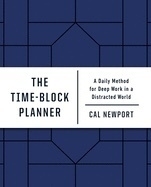
My wife just discovered that Michael Kramer and “Kate Redding”, who we’ve listened to for hundreds of hours through their audiobook narrations, are married!
Makes it feel even more special. 📚🎙
📚 Now Reading: Rhythm of War by Brandon Sanderson.
This is unfortunately not a sequel to Warbreaker, but will hopefully be good anyway.

📚 Finished Reading: The Strain by Guillermo del Toro and Chuck Hogan ⭐️⭐️⭐️⭐️
Best draculas book I’ve read since The Historian. Probably better.
📚 Finished Reading: Battle Ground by Jim Butcher ⭐️⭐️⭐️⭐️
Gets an extra star because River Shoulders and Butters.
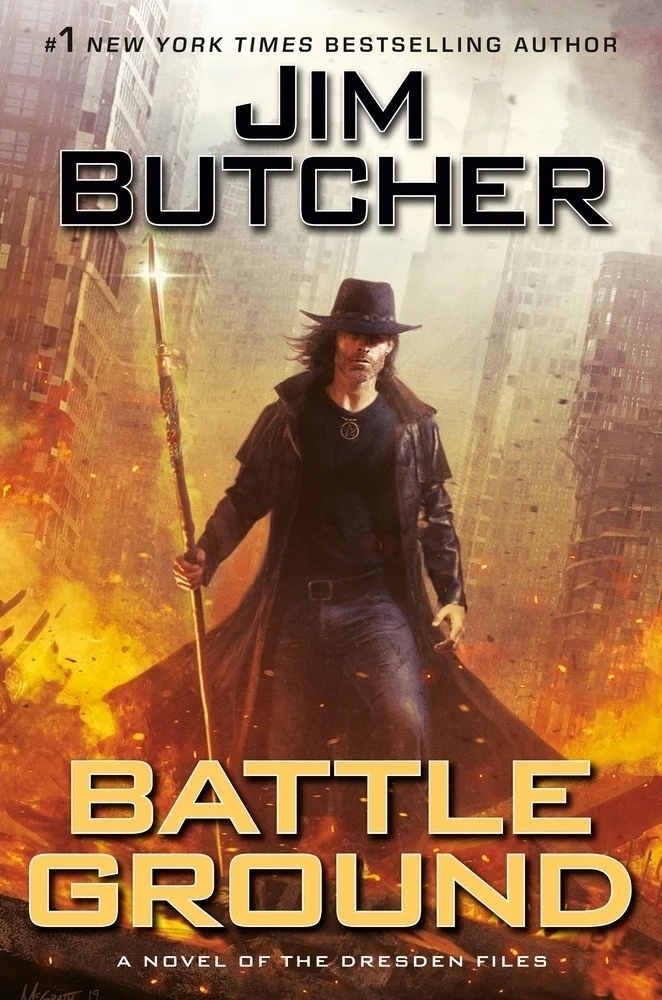
📚 Now Reading: Lo-TEK Design by Radical Indigenism by Julia Watson

📚 Now Reading: Regenerative Agriculture by Richard Perkins

📚 Finished Reading: The Shadows by Alex North. ⭐️⭐️⭐️ Recommended.
Horror-Thriller with a dreaming angle. I only had the loan for 7 days, and read it quickly in 2.

📚 Finished Reading: Banksy Locations & Tours Vol 1 by Martin Bull ⭐️⭐️⭐️
Most of this is no longer strictly useful, but I appreciated this insight into the history of these pieces and areas.
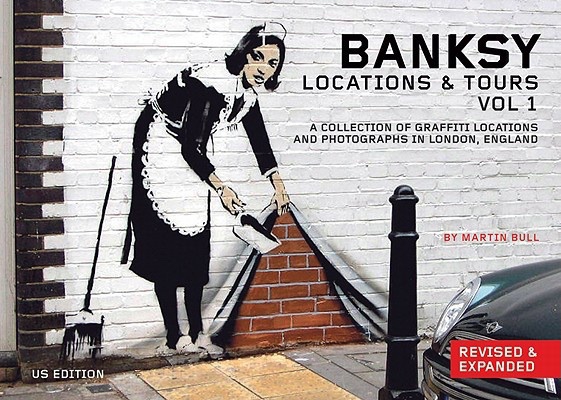
Recommended 📚: Flash Boys - another great Michael Lewis explainer-of-complex-topics ⭐️⭐️⭐️⭐️
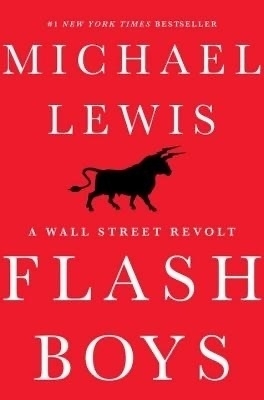
Now Reading 📚: the nineties-est book that ever ninety-ed

Added How to Invent Everything to my #Resilient booklist. 📚 I love this book so much. Informative and hilarious. ⭐️⭐️⭐️⭐️⭐️

